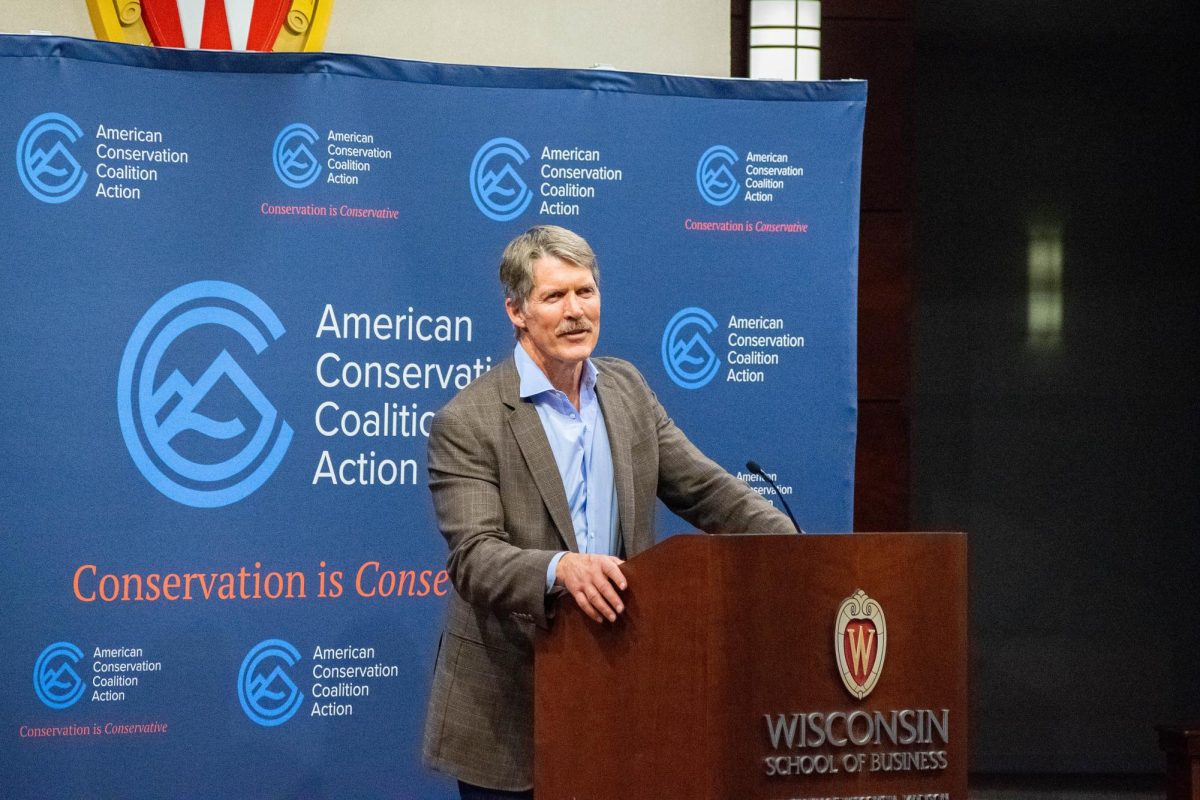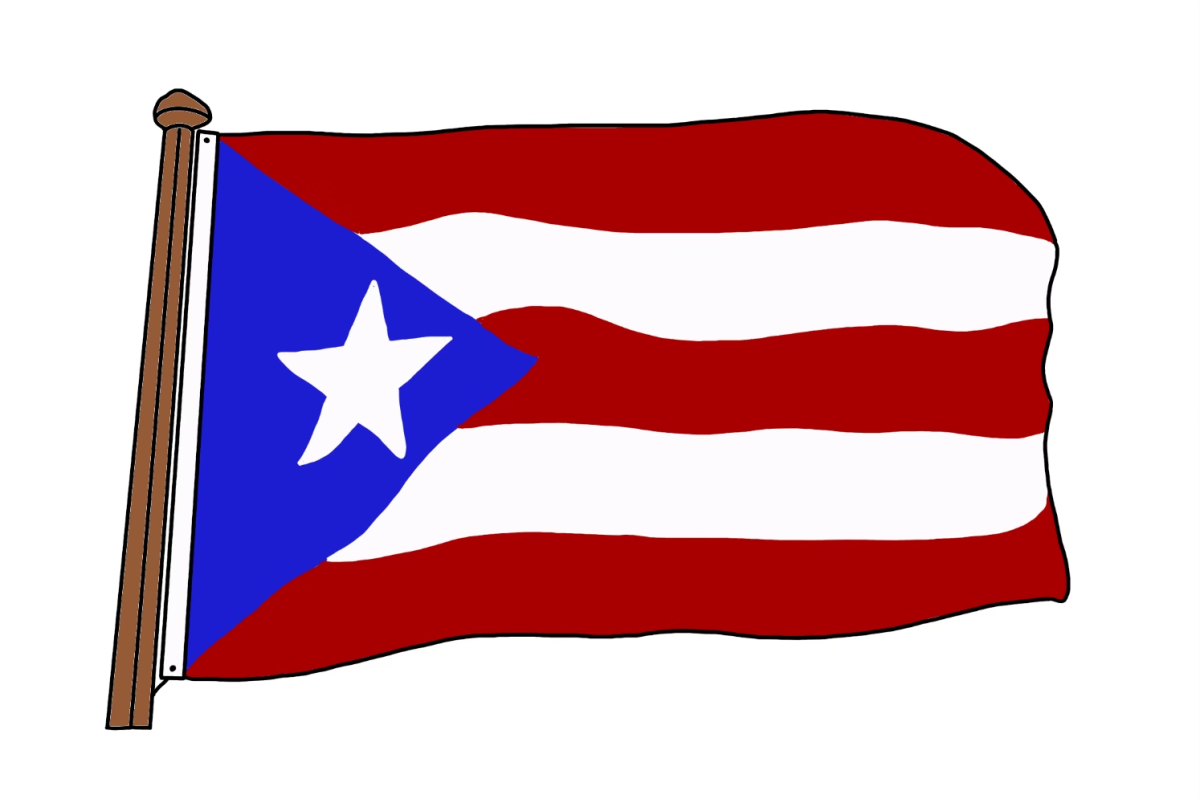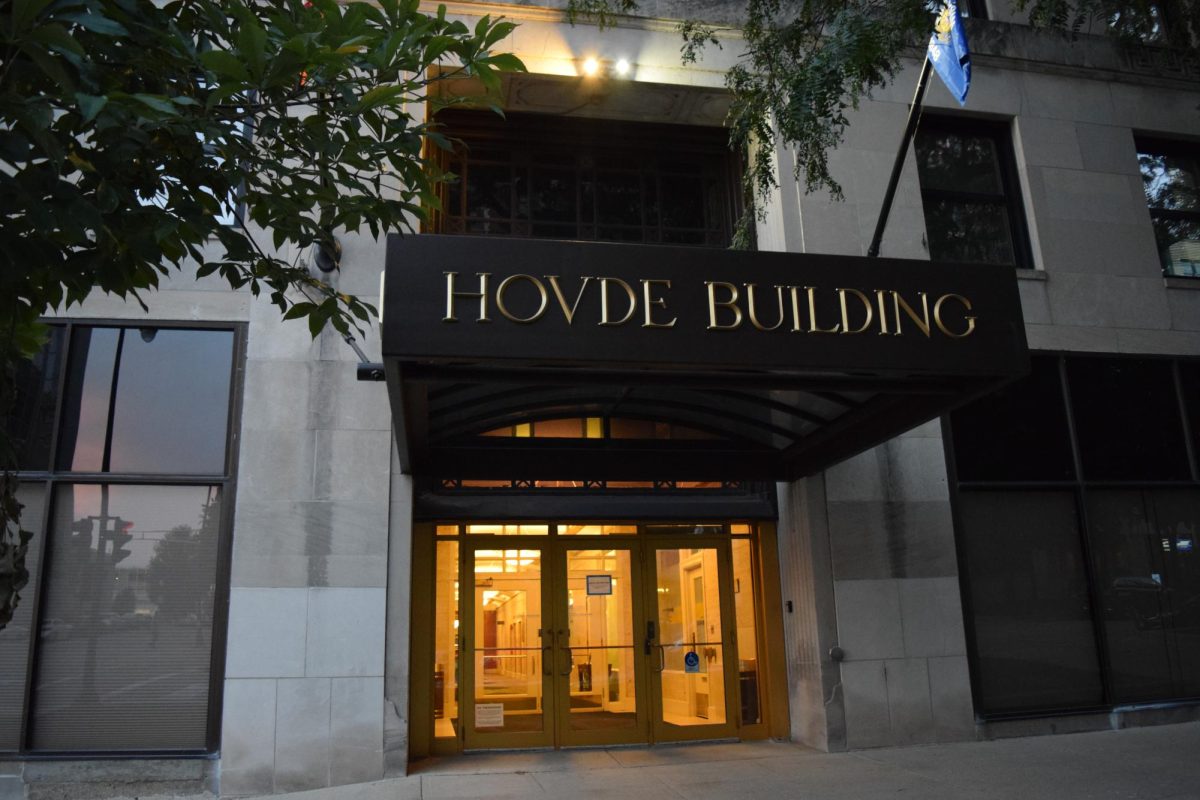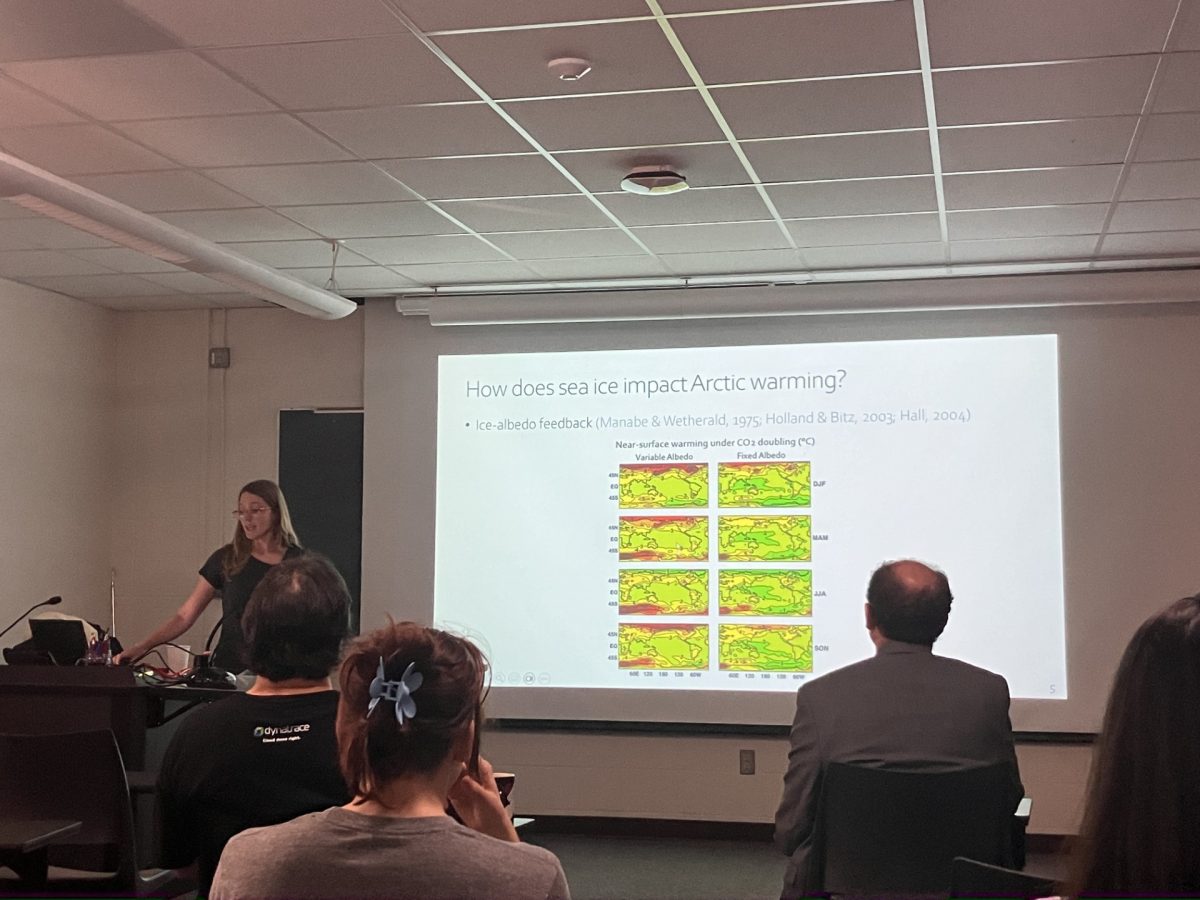The University of Wisconsin will now require all licensees of its official merchandise to disclose all the wages of their factories’ laborers. UW Chancellor John Wiley made his decision public in the regularly scheduled Labor Licensing Policy Committee Friday afternoon.
LaMarr Billups, Wiley’s special assistant, presented an official letter from the chancellor declaring his support of the committee’s recommendation of full wage disclosure. Wiley also asked for the committee’s advice in the future concerning these events as labor and wage issues develop.
Wiley, who was not present at the committee meeting, said in the letter that the university will pursue full wage disclosure of the companies by working through the Workers’ Rights Consortium, a group UW currently contracts to monitor working conditions in licensees’ factories. Billups said the best plan is for the WRC to contact every one of the more than 450 official licensees to discuss adding a full-wage-disclosure component to every contract. Billups made certain to say UW sees this as an issue of utmost importance.
If any licensee delays or balks the negotiations with the WRC, Billups explained, “they will terminate their contract.”
As of now, UW does not require the licensees to reveal the pay they give their employees, but demands the companies to pay their employees either the minimum wage of the county or the prevailing industrial wage, whichever of the two is higher. Billups said this new requirement could be an interpretation of the existing code, but the wage information will now be easier to obtain.
“We believe this data is available,” Billups said during the meeting, although he said it could not be effortless to obtain this data. “It’s not a simple thing to be accomplished, although we think it ought to be accomplished.”
Billups revealed that the university believes the biggest producers, such as Nike and Adidas, have the capacity to have this information available, but organizing it in a productive way might be the most difficult part. Billups gave the example of Indonesia having different wage rates in different regions of the country, and a useful way to process bonuses, overtime, and hourly and by-piece wages must be devised.
David Alvarado, a former member of a group like the LLPC when he was a student, said he is concerned about the approach, but believes in the good intention of the administration. Alvarado, a workers’ rights advocate while in Mexico whosaw some unfavorable working conditions at a factory contracted by garment giant Nike, opined disclosure to the entire public might be the best remedy.
“If I were in charge, I would make it public in some way,” Alvarado said. He suggested if wages were public to everyone, companies would feel the public pressure to change, as Nike did when they were indicated as paying unfair labor prices.
“Nike did the right thing,” Alvarado said, indicating the company started paying higher wages after the public showed their distaste for underpaid workers.
Billups does not have a schedule of when to implement all the necessary tools of wage disclosure, but still remains “open to suggestions.”
Since UW started working with the WRC in 2001, it has investigated eight factories in five different countries, monitoring working conditions. Some licensee contracts have been revoked for bad practices.







